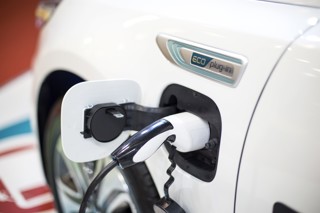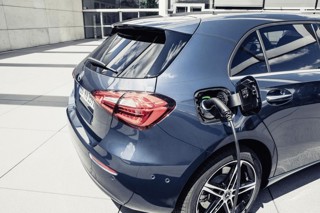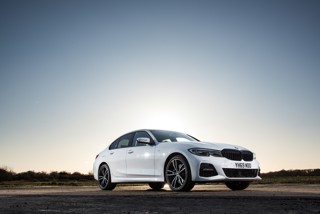Traditional barriers to the adoption of electric vehicles (EVs), such as range and charging infrastructure, no longer fill fleets with anxiety, a new survey suggests.
Instead, they have started to view EVs as a way to cut costs and emissions, and to be compliant with clean air zones (CAZs).
The EV Report 2020, powered by the EV Barometer, surveyed more than 300 fleet decision-makers, and held discussions with fleet managers at seven focus groups in London, Birmingham, Bristol, Leeds and St Albans.
It found that 59% of van fleets and 57% of car fleets operate vehicles in areas that have, or are planning to introduce, emissions regulations.
The larger the fleet, the more likely it was to be impacted by a CAZ and some two in five fleets (42%), with more than 100 vans, say their introduction is the principal reason for going electric.
Reducing expenditure by adopting EVs is the number one priority for 36% of fleets, while half of large (100+) car fleets see cheaper running costs as their main reason for making the switch.
However, the higher acquisition cost of EVs, lead times and availability are proving a pressing problem for businesses, the report suggests.
They are convinced that battery power is the ‘fuel’ of the future, but need the business case to make financial sense.
Ian Richardson, managing director of 360 Media Group which produced the EV Report 2020, said: “By 2022, fleets of all sizes expect to see a dramatic rise in their electric car purchases. And in smaller fleet categories of below 49 company cars, the move to buy or lease zero emission cars is forecast to be even earlier.
“For larger fleets the transition is a little slower, but the volumes will be much greater. By 2022, 53% of companies running between 50 and 99 company cars expect to be buying or leasing a minimum of seven new electric cars per year.
“The findings provide compelling evidence that in the business arena it’s now a question of when, not if, electric vehicles start to account for a significant share of new company cars.”
To facilitate their move to zero emission vehicles, fleets would like assistance in identifying which of their vehicles could make the transition first with minimum operational disruption.
They are also seeking help in installing charge points, particularly depot-based fleets that require smart solutions to avoid overloading their local grid.
In addition, many fleets want extended test drives of at least a fortnight to reassure themselves that electric vehicles will not compromise their operations.
Decision-makers also expressed keen interest in ‘switch back’ arrangements that would allow them to return to a petrol or diesel vehicle, penalty-free, after six months if battery power proves to be impractical.























Login to comment
Comments
No comments have been made yet.